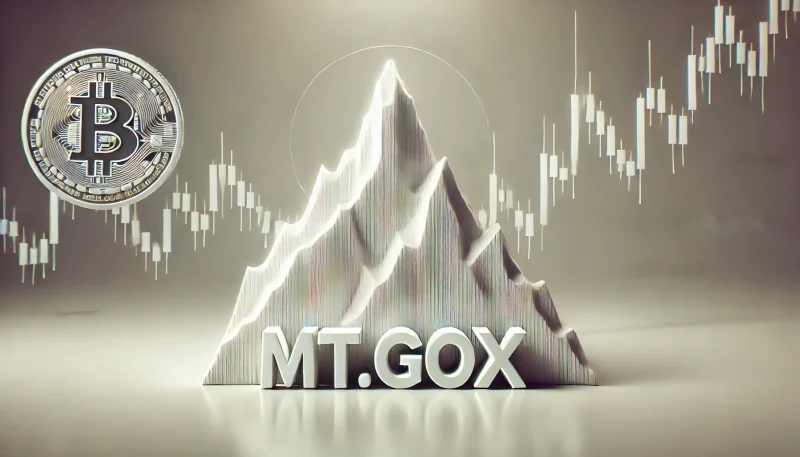Mt. Gox to begin $9 billion repayment plan in July
The defunct exchange's trustee has announced that it will reimburse creditors after a decade-long wait.

Share this article
Mt. Gox, once the world’s largest Bitcoin exchange, is set to initiate repayments to its creditors after a protracted 10-year wait. The rehabilitation trustee announced that Bitcoin and Bitcoin Cash distributions will commence in July 2024, signaling a potential resolution for thousands of affected users.
The trustee stated that the plan will commence the repayments in Bitcoin and Bitcoin Cash “in due course” to the exchanges with which it has completed the exchange and confirmation of required information to begin the payments.
According to the trustee, this process will unfold gradually, with payments prioritized based on the readiness of respective cryptocurrency exchanges.
Approximately 127,000 creditors are owed over $9.4 billion worth of Bitcoin following Mt. Gox’s collapse in 2014. The exchange’s downfall was attributed to multiple undetected hacks over several years, resulting in the loss of over 850,000 BTC, a sum now valued at over $51.9 billion at current prices.
In May 2024, Mt. Gox transferred 141,686 BTC, worth $9.62 billion, to a new wallet address. This move, the first on-chain activity from the exchange in over five years, was confirmed by rehabilitation trustee Nobuaki Kobayashi as part of the repayment preparation process.
The Mt. Gox story has been a compelling chapter in crypto history. At its peak, the exchange facilitated more than 70% of all Bitcoin trades. Its abrupt closure in 2014 sent shockwaves through the nascent crypto market, causing Bitcoin prices to plummet to a local low of $420.
Despite the trustee’s announcement, the repayment process could face further delays. The current deadline was set in September 2023, a month before Mt. Gox was initially scheduled to repay creditors by October 31, 2023. This history of postponements has led to cautious optimism among affected users.
Share this article
